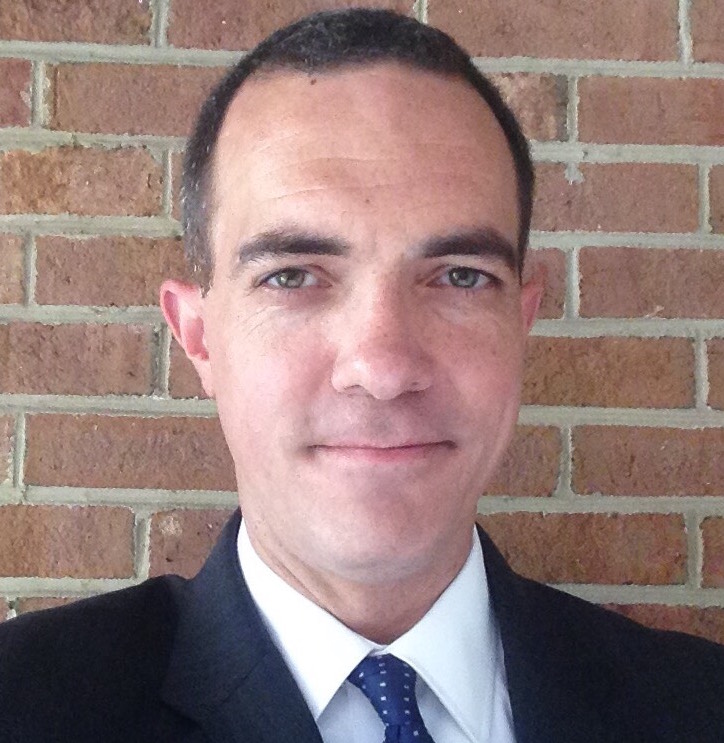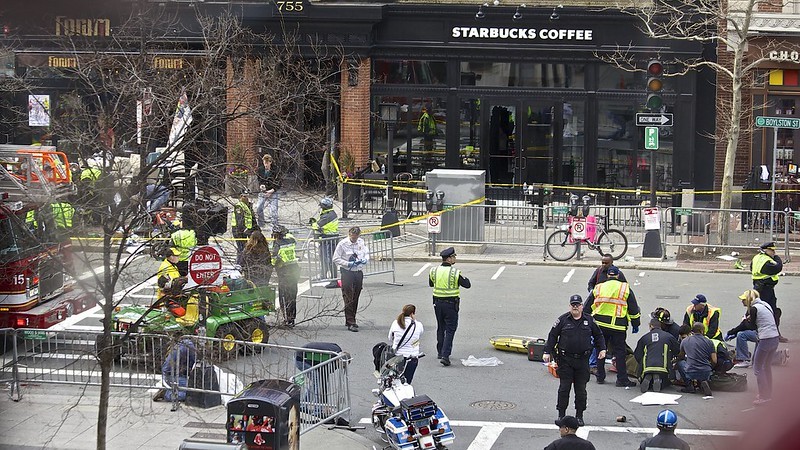Defeating ISIL Will Strengthen IS
On May 7, 2016, Colonel Steve Warren, U.S. Army, the spokesman for Operation Inherent Resolve (OIR), conducted a question and answer session using the social media platform Reddit. During this session, Colonel Warren provided an assessment of the Center of Gravity of the Islamic State of Iraq and the Levant (ISIL). According to Colonel Warren,
Published by The Lawfare Institute
in Cooperation With

On May 7, 2016, Colonel Steve Warren, U.S. Army, the spokesman for Operation Inherent Resolve (OIR), conducted a question and answer session using the social media platform Reddit. During this session, Colonel Warren provided an assessment of the Center of Gravity of the Islamic State of Iraq and the Levant (ISIL). According to Colonel Warren,
We believe their military centers of gravity are in Mosul and Raqqah. When these cities fall, it will be the beginning of the end for ISIL. That said, their ideological center of gravity is the existence of their so called ‘caliphate’ and their conviction that their ‘mission’ is to bring about the end of days. Their ideological center of gravity is difficult to fight. Their military center of gravity, while challenging, is a nut that we can crack. It’s not a question of ‘if’ these cities will fall. It’s only a question of ‘when’ and ‘who’.
Center of Gravity is a term coined by the Prussian General Carl von Clausewitz and he uses it in a variety of ways throughout his book "On War.” In one passage, the Center of Gravity refers to where the mass of an enemy force is concentrated most densely, while elsewhere it is described in less physical terms as the hub of all power and movement, on which everything depends. Since OIR is the military portion of a comprehensive strategy to defeat ISIL, viewing Mosul, Iraq and Ar-Raqqah, Syria as Centers of Gravity is appropriate, as occupation of these cities gives ISIL their capability to generate the large forces necessary to seize and hold territory within the region. Though securing Mosul and Ar-Raqqah will be a victory against ISIL as a regional threat within Iraq and Syria, it remains to be seen how this will impact the global violent extremist ideology called the Islamic State (IS).
IS, as a violent extremist ideology, is not limited by geography. Wherever there are people susceptible to its influence and places exist where small groups can assemble, it can build capability to strike. In his question and answer session, Colonel Warren was careful to separate ISIL’s military Center of Gravity from its ideological one. Despite this attempt at separation, these Centers of Gravity are inextricably linked from a threat point of view and will be so for the foreseeable future.
When Mosul and Ar-Raqqah fall IS will gain strength. ISIL members who escape from Mosul and Ar-Raqqah will disperse and establish or join emerging IS movements worldwide. These IS movements will now have veterans in their ranks who can pass on lessons learned during battle in Iraq and Syria. Additionally, the fall of Mosul and Ar-Raqqah will be braided into the IS narrative, and could become a rallying cry that galvanizes people worldwide to join IS for years to come.
The fall of Mosul and Ar-Raqqah will remove a location where a mass of an enemy force was concentrated. But that mass, once dispersed globally and spreading its ideas and experience, will become the new hub of all power and movement for IS. Though IS’ center of gravity will not be a large swath of territory from which they can mount major operations like ISIL, it will be enough to support a mode of operation likely characterized by attacking civilians within major cities. In essence, a regional threat will have been traded for a global one.
As the world watches the tragic situation in Iraq and Syria and political pressure increases to secure Mosul and Ar-Raqqah to defeat ISIL, one must look beyond short-term satisfaction and think about how defeating a regional threat will increase a global one. While major cities that host large enemy formations within a region can be found, fixed, and finished, globally dispersed IS members, plotting as individuals or in small cells, will present a threat that is much harder to disrupt.
What this means for the governments of the world is that while Mosul and Ar-Raqqah are being attacked within Iraq and Syria by military forces, intelligence and law enforcement organizations must be prepared to counter IS members and address the threats they pose. The post-ISIL struggle against IS will not take place in a faraway land, but instead the threat will likely present itself on a city block near you. With the defeat of ISIL, it isn't a question of if IS is going to disperse globally and operate, but when and where.


.jpg?sfvrsn=a9413207_5)
-(1).jpg?sfvrsn=b91ff6a6_7)

